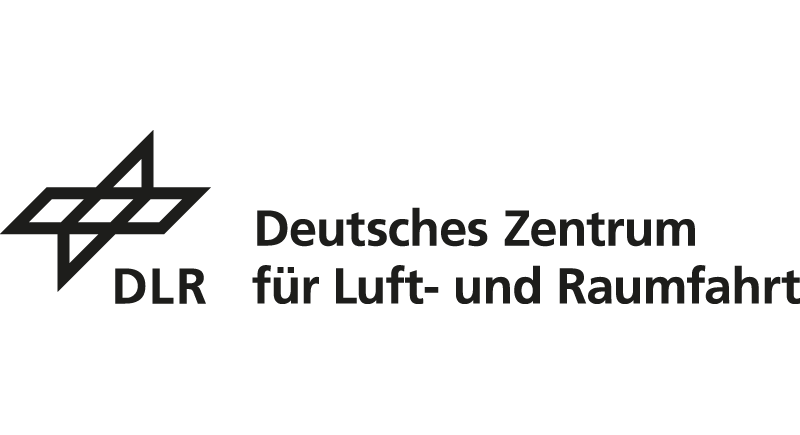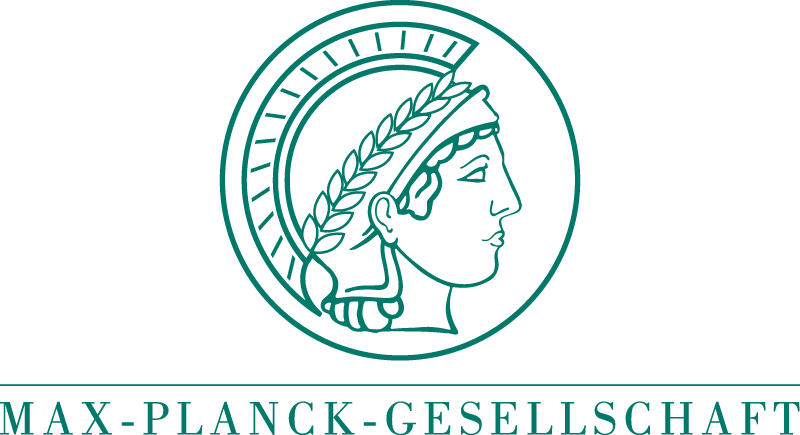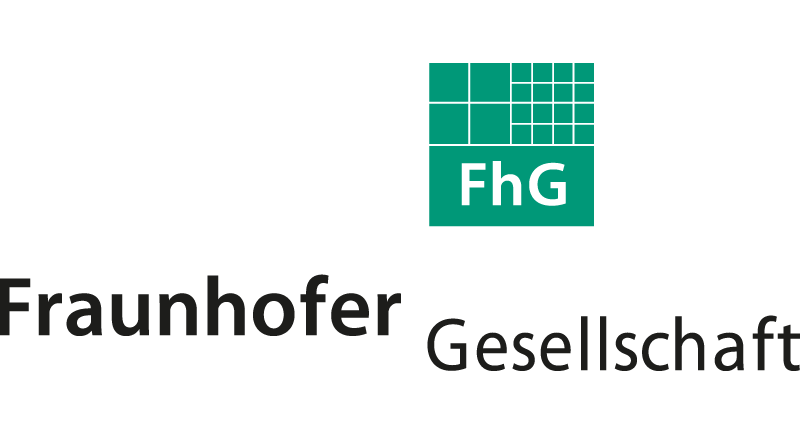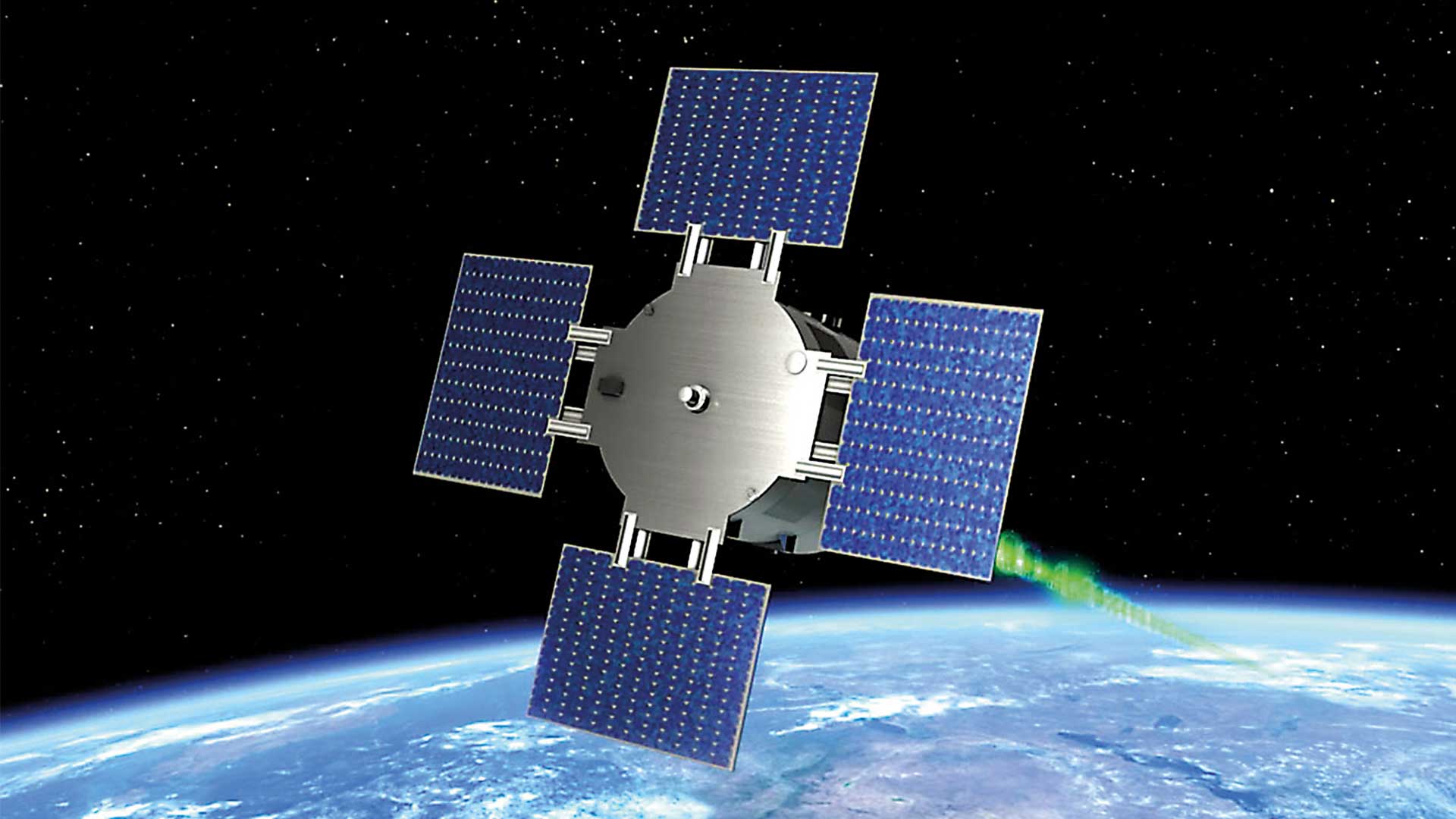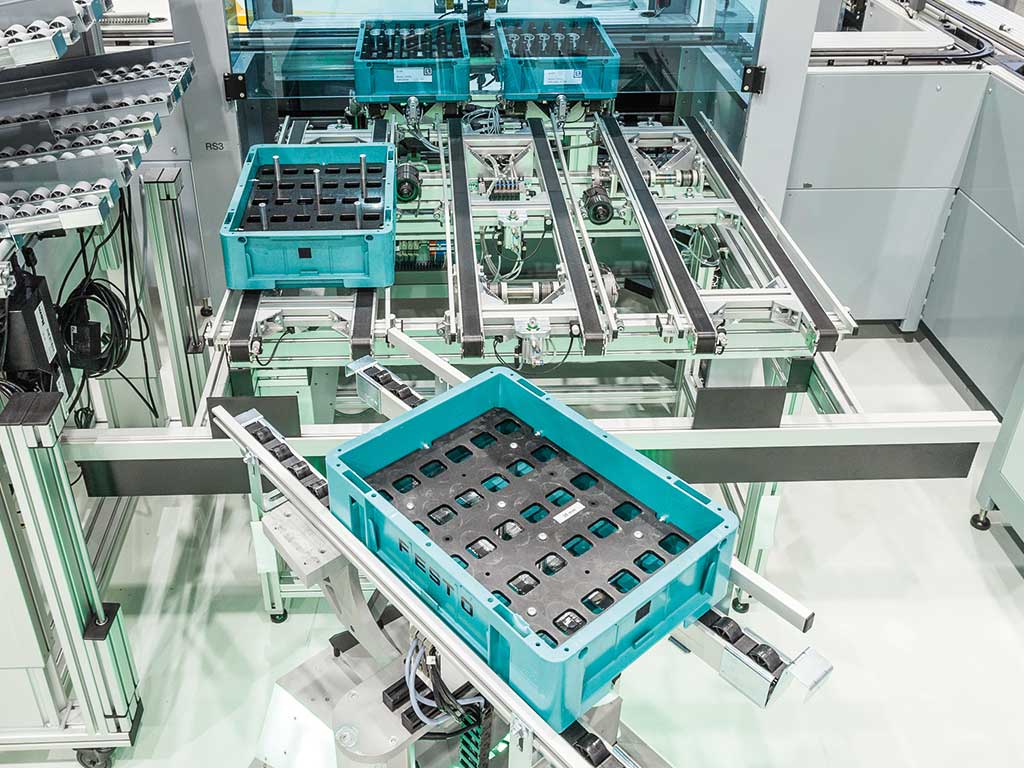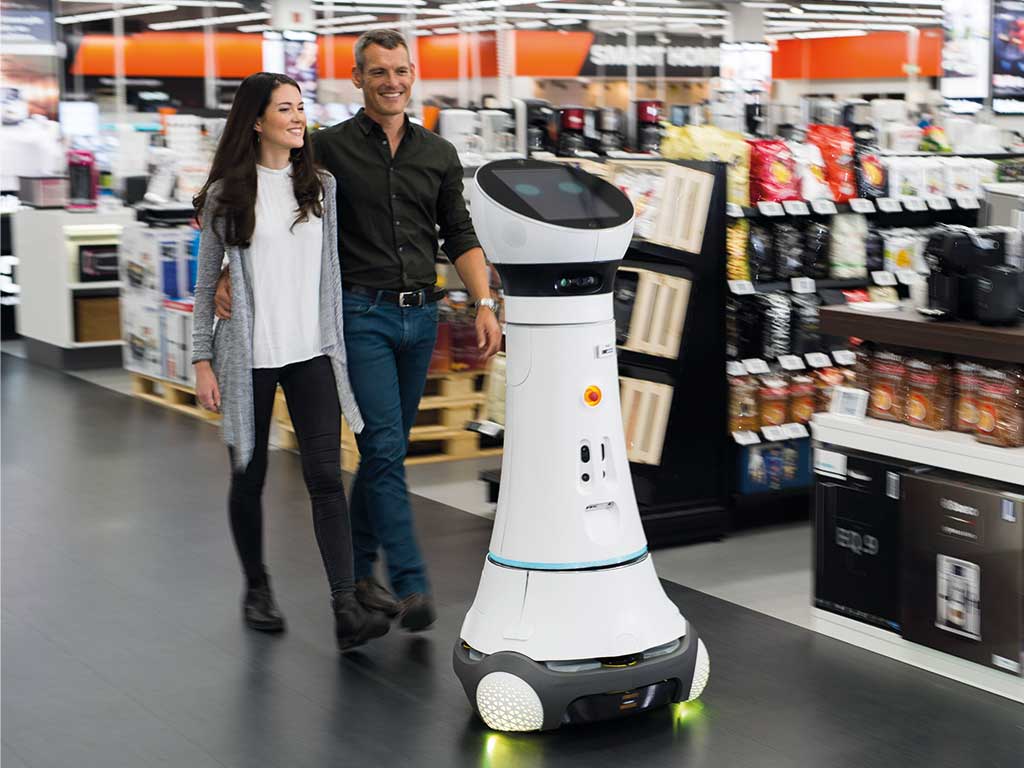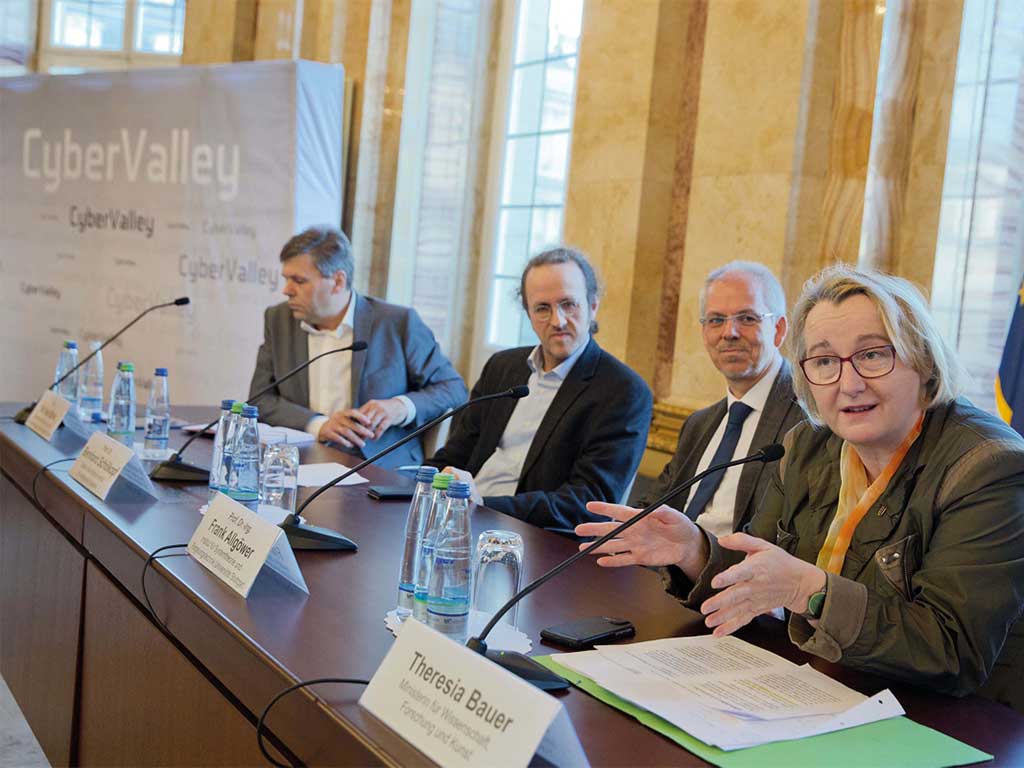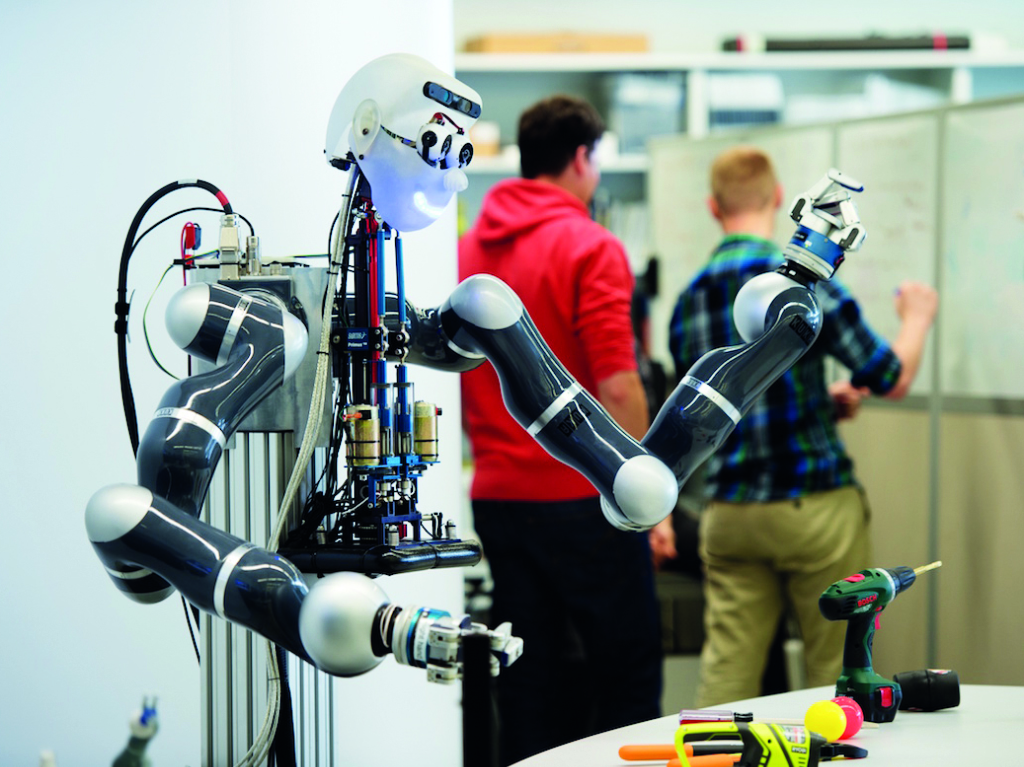DLR researchers develop and test batteries for satellites
Top research of international significance
Regional competence and innovation centres pool regional strengths and form platforms for cooperation with industrial partners, universities and research institutes.
The German Aerospace Center (DLR) operates one of its 16 national sites in Stuttgart where it is represented by six institutes. DLR’s research work in the fields of aviation, aerospace, energy, transport and safety is path-breaking and both national and international in character. Whether for earth or space, the DLR pursues fundamental research and develops innovative technologies for tomorrow’s world. The work of DLR Stuttgart focuses on the fields of building and construction research, energy storage and energy conversion technologies, vehicle concepts, combustion research and the development of high performance lasers.
Yet it is not only the DLR scientists who enjoy an international reputation. The Fraunhofer Institute, Stuttgart University, Max Planck Institute and many other research units all produce firstclass researchers.
Press conference with Theresia Bauer, Minister of Science, Research and the Arts (on right), Prof. Frank Allgöwer, Institute for System Theory and Control Engineering Stuttgart University (2nd from right), Prof. Bernhard Schölkopf, Director of the MPI for Intelligent Systems (2nd from left) and Dr. Michael Bolle, Chairman of the Management Board, Central Department Research and Advance Development, Robert Bosch GmbH (on left)
In the role of sales assistant service robot Paul recently welcomed customers to an electronics store in Ingolstadt, asking them what they were looking for and taking them to the relevant shelf. The robot collects information about his surroundings via sensors to reliably get around and locate people for conduct- ing a dialogue. Inside Paul is the robot platform Care-O-Bot® 4, originally developed by the Fraunhofer IPA to help people around the home, hotel, nursing home or hospital.
rob@work, also developed by the Fraunhofer IPA, is the prototype of a smart assistant system for supporting workers in production environments. Due to the platform’s high level of integration and availability of different basic functions, the effort involved in implementing industrial service robot applications is substantially reduced.
Smart systems will shape our future: they could drive us around as autonomous vehicles, help us do the daily chores or perform medical services as mini robots. At the initiative of the Max Planck Association and Max Planck Institute for Intelligent Systems partners in academia and industry create Cyber Valley in the Stuttgart region to push ahead with developments in this direction.
